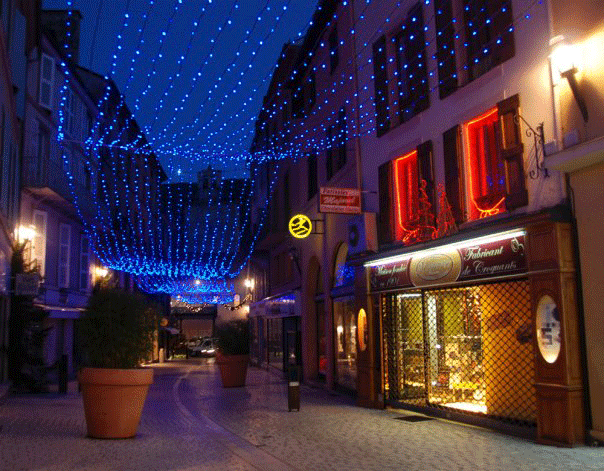
|
|
|
Open sessions > S.11 – A European Identity for Food Sovereignty?Authors can submit papers directly on PESCRL website by April 9 (section: 'Submit a communication'). Submission requires a title, a 2,000 signs abstract, 5 keywords as well as one contact information and the institutional attachment of all authors. Abstracts and presentations should be made in English. The abstracts will be fully refereed by the program committee and the accepted ones will notified by April 24. Some sessions might require full papers before PESCRL event in September. S.11 – A European Identity for Food Sovereignty?Chair – Pierre-Mathieu Le Bel and Salma Loudiyi, Irstea and vetAgroSup Abstract: The notion of Food Sovereignty has encountered different fates according to where it has been applied. The Food Sovereignty project is widely known as it has been used in the Global South by Via Campesina, the transnational peasant movement. Indeed, we hear from Food Sovereignty in case studies and reflections that mostly rely on global South realities, from hence food sovereignty movements have emerged. Current research proves that deep changes occurred and that the original idea expanded and changed to encompass the Global North and urban communities (Shattuck, Schiavoni and VanGelder, 2017). In Europe however, the notion has not circulated as much. A slow movement toward the appropriation and application of Food Sovereignty on European case studies is however emerging in academia (Azkarraga Etxagibel and Desmarais, 2017; Calvario, 2017; Moragues-Faus, 2017), but overall the use of the Food Sovereignty concepts and practices seem limited to civil society and the urban realm. What about rural Food Sovereignty in Europe? What about Food Sovereignty advocated by both civil society and local governments? This special session aims to explore how Food Sovereignty can best be understood and applied to the European contexts. It is particularly interested in the politics of identities, stakeholders and governance of food systems, as well as the role of local contexts in shaping the “Food Sovereignty project”. As such, proposals could explore:
Program• Monday, Clermont-Ferrand, 14:00-16:00 – S11 (1) Chair – Pierre-Mathieu Le Bel and Salma Loudiyi, Irstea and vetAgroSup
• Monday, Clermont-Ferrand, 16:30-18:00 – S11 (2) Chair – Pierre-Mathieu Le Bel and Salma Loudiyi, Irstea and vetAgroSup
|


